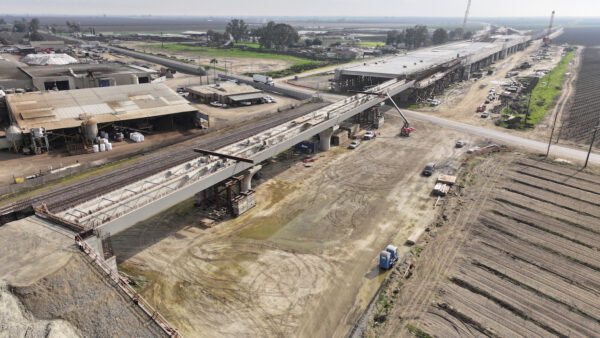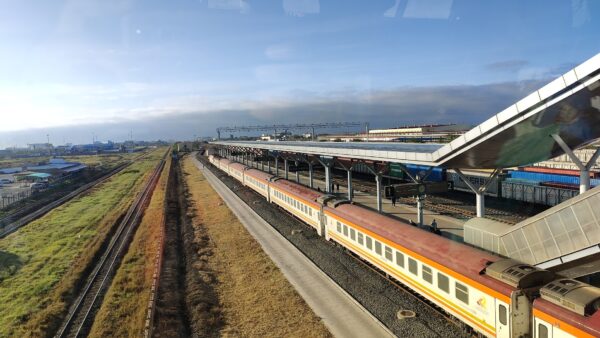Seven UK construction trade bodies have joined forces to warn the government not to jump over a Brexit “cliff edge” when it comes to EU workers.
Calling for a post-Brexit transition period of at least two years and then a migration system that gives them the skills they need, they say 5.7% of workers now were born in EU accession countries while in London the percentage of EU nationals in construction is closer to 50%.
Cutting off access to those people would jeopardise the government’s plans for infrastructure and housing, they say.
We have to be realistic about the future, there will continue to be some ongoing need for migrant workers and our post-Brexit migration rules will need to be fit for purpose– Brian Berry, Chief Executive of the Federation of Master Builders
Released today, the “Construction Industry Brexit Manifesto” commits the trade bodies to recruiting and training more UK workers, but it says this cannot happen overnight and there is an ongoing need for skilled EU workers.
The manifesto demands that the government should agree a transition period of at least two years as soon as possible, during which time EU workers arriving in the UK still have a path to settled status.
It also wants the post-transition migration system to be based on key occupations in short supply, “rather than on arbitrary thresholds based on skill levels or income”.
The seven trade bodies represent large and smaller contractors, engineering firms, homebuilders and construction product manufacturers. They are: Federation of Master Builders, Association for Consultancy & Engineering, Build UK, Civil Engineering Contractors Association, Construction Products Association, Home Builders Federation, and National Federation of Builders.
“The construction industry has been criticised in the past for being too disparate but it has come together here with one voice and set of clear messages,” said Brian Berry, Chief Executive of the Federation of Master Builders.
“We know we need to step up as an industry and train more home-grown talent but we also have to be realistic about the future. There will continue to be some ongoing need for migrant workers and our post-Brexit migration rules will need to be fit for purpose.”
Nelson Ogunshakin chief executive of the Association for Consultancy & Engineering, said removing EU nationals would bring “severe setbacks to the UK’s national infrastructure pipeline”.
“ACE’s own surveys show that there is an increase in the number EU staff leaving the UK for jobs on the continent and this will only get worse if we do not bring certainty to EU workers’ residency rights,” he said.
Representing the UK’s biggest contractors, Suzannah Nichol, chief executive of Build UK, said: “Construction, like other major industry sectors, has substantial concerns over the impact of Brexit on its ability to recruit, train and retain talent. It is essential that industry works together to present the need for an effective partnership between Government and industry, enabling us to deliver the UK’s infrastructure, homes and communities.”
Image: From the cover of the “manifesto”, which calls for a post-Brexit transition period of at least two yearsÂ










